RAN returns powers
Against the background of the inauguration, which took place on May 7, two events receded a little into the shadows, one of which happened on the same day, and the other the day before. The day before taking the oath of office, on May 6, Vladimir Putin gave instructions following the results of the event dedicated to the 300th anniversary of the Russian Academy of Sciences, and on the day he took office as the President of the Russian Federation, he signed the Decree “On the national development goals of the Russian Federation for the period until 2030 and beyond until 2036.» Both documents are of great importance for the further development of science in the country.
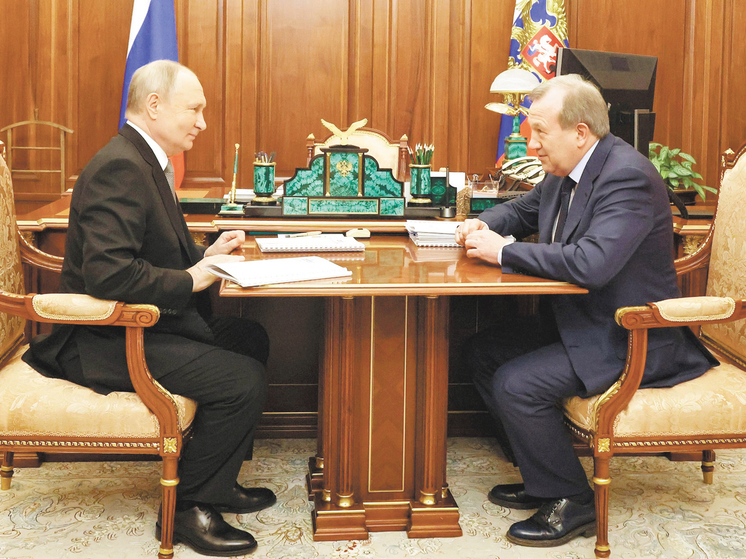 Head of State Vladimir Putin and RAS President Gennady Krasnikov discuss the future of Russian science.
Head of State Vladimir Putin and RAS President Gennady Krasnikov discuss the future of Russian science.
The words spoken on the Day of the Notable Anniversary of the Russian Academy of Sciences on February 8 at a gala event in the Kremlin are one thing, and quite another. — specific instructions. Scientists have been waiting impatiently for more than three months and finally got it. On May 6, Vladimir Vladimirovich approved a number of instructions concerning the activities of the Russian Academy of Sciences and the scientists themselves. Let's discuss the main ones.
The first block of instructions is addressed to the Government of the Russian Federation. It must take measures “to ensure the implementation of the leadership of the Higher Attestation Commission by the Russian Academy of Sciences.” At first, many mistakenly decided that the Higher Attestation Commission would completely come under the wing of the Academy, which, according to many scientists, would be correct. But no, the Higher Attestation Commission still remains under the Ministry of Education and Science of Russia, and the RAS is assigned only “general management of activities.” Why are the authorities not satisfied with the current system of management of the Higher Attestation Commission? The fact is that the commission in its current state is not coping with its tasks very well: public dissatisfaction with the state certification system, the quality of which is visible in dissertations, is growing.
— By and large, the Higher Attestation Commission should be transferred to the Russian Academy of Sciences completely, — One of the leaders of the scientific sector commented on the situation to me. — If the Higher Attestation Commission belongs to the Russian Academy of Sciences — the main expert body of the country, no one will have the right to interfere, for example, to lower the bar for the level of dissertations. Today, when essentially an expert body, which is also the Higher Attestation Commission, has been subordinated to the executors — To the Ministry of Science and Higher Education of the Russian Federation, we do not always succeed. True, the quality of applicants’ scientific work also depends on the modern postgraduate system.
In general, by July 1, the government must decide what to do next with the Higher Attestation Commission, and by August 15, propose “certain mechanisms, stages, deadlines» coordinating role of the RAS.
Also, by July 1, the government and the Russian Academy of Sciences have been instructed to submit proposals for the inclusion of the “Russian Center for Scientific Information” in the structure of the Academy. (RCNI) and the publishing house «Science». Let's start with “Science,” which has been part of the Academy since its founding by Peter I. After the transfer from the Russian Academy of Sciences to officials, it soon found itself on the verge of bankruptcy, and some of the journals went to private publishing houses. How did this happen? There is no answer, just as it is still not entirely clear why in 2023 all members of the editorial board of one of the highest quality scientific journals, “Nature,” resigned.
After the complete transition of the publishing house “Science” At the Russian Academy of Sciences, all 170 journals established by the Academy will be published in a single system. As Gennady Krasnikov, President of the Russian Academy of Sciences, said recently at the Federation Council, a unified database for subscription to these publications is already being created.
Now we smoothly move on to the RCNI. It, according to Krasnikov, will allow the integration of electronic versions of these journals, “improving the accessibility and dissemination of scientific research.” That is, the Academy, in fact, is now regaining its lost function of publishing activities. This requires funds from the budget, which, presumably, will appear soon after July 1.
One of the blocks of instructions to the government and the leadership of the Russian Academy of Sciences dates back to the times of FANO (Federal Agency of Scientific Organizations), to which all academic institutes switched immediately after the 2013 reform. Thus, before July 15, it is necessary to formulate proposals “to determine the status of academic scientific institutes as organizations that were under the jurisdiction of FANO and the scientific and methodological management of whose activities, regardless of their departmental affiliation, is carried out by the Federal State Budgetary Institution “Russian Academy of Sciences”.
< p>Let’s translate from bureaucratic into literary Russian: when the Academy was reformed and its institutions were transferred to FANO, many of them “left” after that. to other ministries: agrarians — to the Ministry of Agriculture, doctors — to the Ministry of Health… Now, according to the instructions of the president of the country, it will be like this: regardless of who went where, everyone will be under the strict scientific and methodological guidance of the Russian Academy of Sciences. The Academy must determine the main directions of their scientific and scientific-technical activities, approve candidates for the position of their leaders, give opinions on the preservation of pilot production and medical facilities within the institutes, coordinate decisions on changing jurisdiction, on the reorganization or liquidation of academic scientific institutes.
The following instruction consolidates the president’s initiative to increase, starting in 2025, the amount of monthly cash payments to academicians and corresponding members. Scientists will receive 200 and 100 thousand rubles, respectively. The President expects a report on the amounts provided by the government for the new planning period by November 1.
I remember that by the end of the first year after the current president of the Russian Academy of Sciences took office, some academicians were unhappy that he “did not fulfill his promise to increase academic scholarships.” Now, it turns out, I’ve done it, not even two years have passed. Case — for the executors of the order, that is, for the government.
The new Decree “On the national development goals of the Russian Federation for the period until 2030 and for the future until 2036,” signed by the president on May 7, contains several points directly related to science.
The presidential decree speaks of “our country’s entry into the top 10 countries in the world in terms of scientific research and development.” The question here is how to calculate this “volume”. The experts with whom we discussed the decree agree on the amount of money invested in these studies. Although, according to many respondents, it would be more correct to consider Russia’s place among the successful scientific powers in terms of the volume of high-tech products supplied to the market.
Another point of the decree states that by 2030, internal spending on research and development will not increase less than 2% of gross domestic product (GDP) (now, let me remind you, they do not even reach 1%). Scientists saw a positive in this: after all, previously it was planned to increase funding for science to 2% only by 2035.
— This means that the president still did not make a reservation about 2030 during his Address to the Federal Assembly last year, — says one of my interlocutors. — It was really about adjusting plans. This is positive, but the question arises: will this goal be achieved? After all, if we remember the previous presidential decrees of 2012, they included the figure of 1.77% by 2015, and not only was it not achieved — the allocations were even reduced!
The expert is confident that it is not possible to raise funding to the level designated by the president of the country due to the lack of a mechanism for implementing the decree. When there is a clear schedule (such, for example, was the case in 2002), spending on science grew.
Another important point of the modern decree of 2024, scientists highlighted the need for spatial development of the Russian Federation for the period until 2030. Moreover, we are talking here not only about the construction of high-speed transport routes, but also about improving the standard of living of Russians in distant regions. Otherwise, flows of internal migrants will continue to flow into Moscow, and the regions — expose yourself.










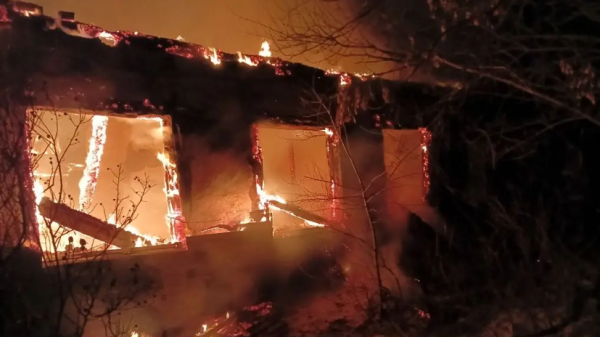







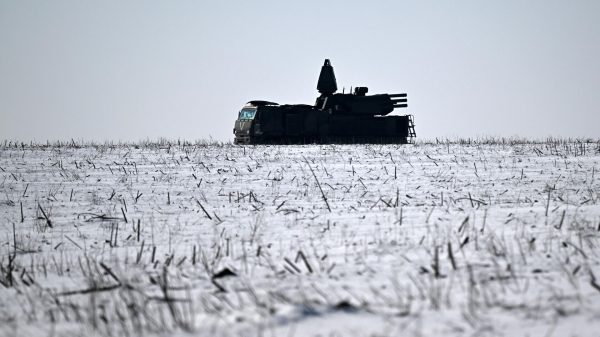
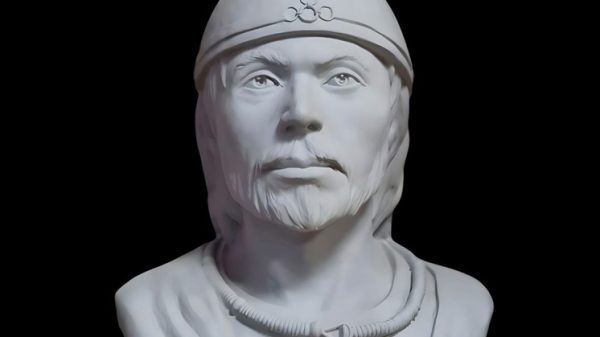
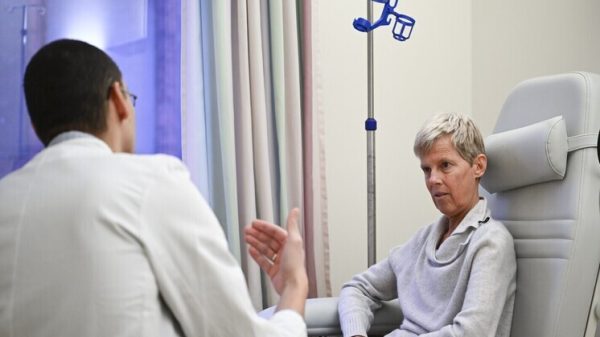













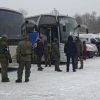
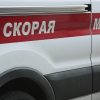



















Свежие комментарии